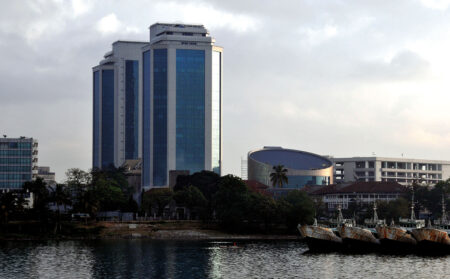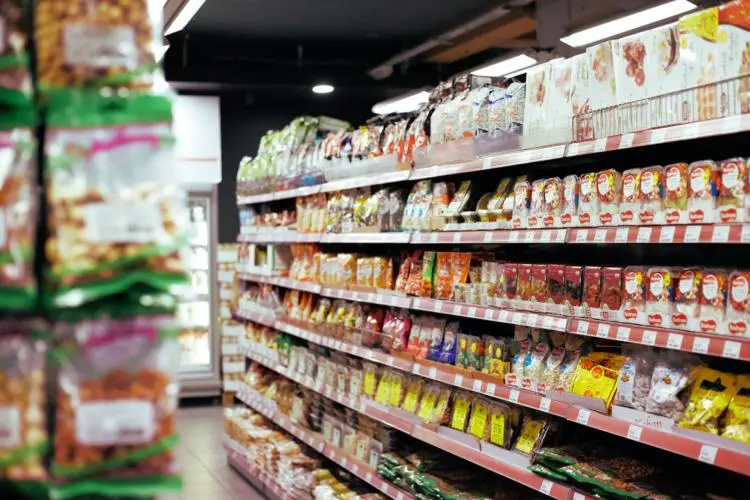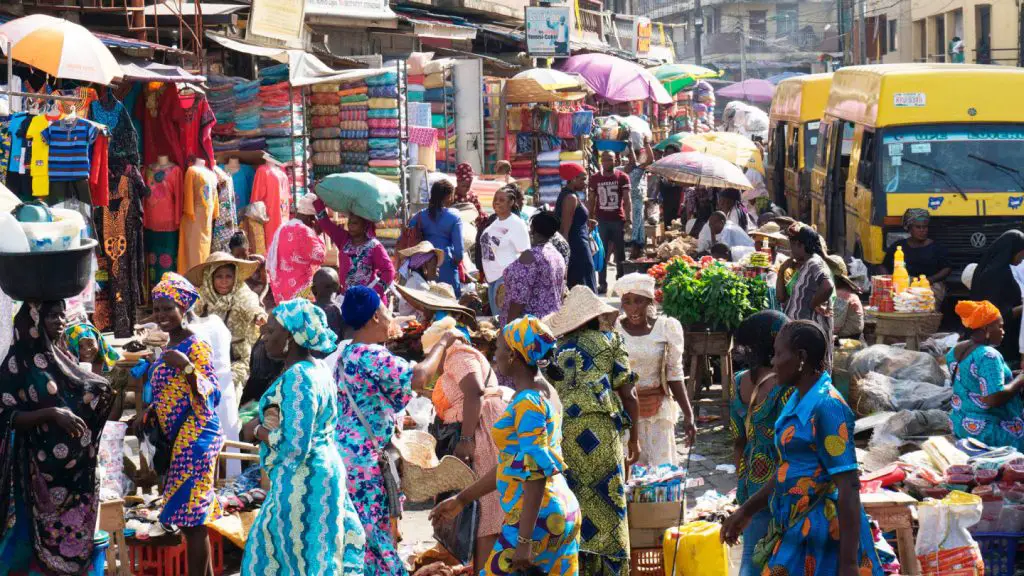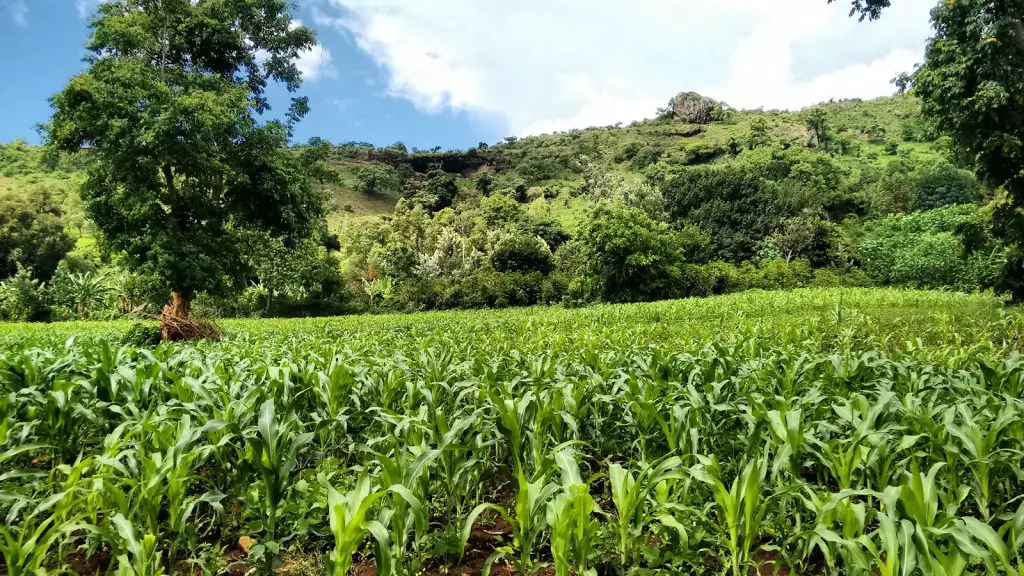- Agribusiness could drive Africa’s economic prosperity
- Dawood Al Shezawi: Why AIM Congress 2024 is the epicenter of global economic and cultural dialogues
- d.light’s 600,000 cookstoves project verified as top source of quality carbon credits
- Artificial intelligence (AI) could create a turning point for financial inclusion in Africa
- AIM Congress 2024: Catalysing global investments with awards
- Kenya’s economic resurgence in 2024
- The most stressful cities to live in 2024 exposed
- Tech ventures can now apply for the Africa Tech Summit London Investment Showcase
Browsing: Food Inflation
- Tanzania inflation hits five year high
- Zanzibar bans export of food commodoties ahead of Holy Month
- China reopens market, expected to speed global recovery
Tanzania’s annual inflation rate has hit its highest point in five years clocking 4.9% in January 2023 and at the close of February the rate was no better.
According to the Tanzania Central Bank The Bank of Tanzania (BoT), the prices of food & non-alcoholic beverages went up by 9.9% up from 9.7% in December of last year.
The BoT monthly economic update report showed similar increase in prices across all sectors and indicator that the cost of living in Tanzania has increased drastically. Wit no matching increase in income, this means that the burden of acquiring daily basic needs like food has become worse for Tanzanians.
With percentages in the brackets here are how several sectors are suffering from price increase in Tanzania: Transportation (6.2% …
- The increased credit to the private sector is associated with positive growth-focused policies.
- The data shows that there was robust private credit growth except for the tourism industry which is still coming out of the post-pandemic period.
- Overall lending rates dropped slightly from 16.8 percent in August 2021 to 16.1 percent in August last year.
Tanzania is pushing for private sector growth evident in increased credit to the private sector, according to the World Bank.
In the most recent World Bank report on Tanzania’s Economic Update, the growth rate of credit to the private sector increased from 3.2 percent in August 2021 to 20.7 percent in August 2022 and is expected to grow further this year.
The increased credit to the private sector is associated with positive growth-focused policies designed to support private sector recovery in a post-pandemic and slowing global global growth environment.
The development comes as the country …
Kenya’s inflation is expected to remain well anchored within the target range, against the backdrop of COVID-19 shock and its spillover to the economy.
This is according to a new report by Central Bank of Kenya (CBK) which has reveals that a hike in food and fuel prices has been impacting the rate of inflation.
In July for instance, year on year inflation rate, which is measured by the Consumer Price Index (CPI) was 6.44 percent, in July 2021.
The Kenya National Bureau of Statistics attributed the rise in inflation increase in prices of commodities especially food and transport.
“Food and non-alcoholic beverages prices increased by 8.84 percent, while housing, water, electricity, gas and other fuels rose by 6.03 percent,” KNBS noted.
Transport was however the commodity with the biggest hike, after prices shot up by 10.33 percent between July 2020 and July 2021.
The CPI increased by 0.20 …
As African nations’ economies grow, so do individual expenses in basic and often, extra necessities, such as food, clothing, rent, data, and entertainment to say the least.
In this case, there are a lot of benefits attached when people tweak their expenses strategically and hone the art of saving, especially on their consumables spending habits when living in big cities, such as Tanzania’s commercial capital, Dar es Salaam (Africa’s fifth-largest city).
Tanzania is one of the fastest-growing economies in sub-Saharan Africa, and Dar es Salaam (with more than six million people) is one of the 30 cities in the world growing fast, according to National Geographic.
Expatistan, a cost of living database, noted that Dar es Salaam has cheaper costs of living than in 62 per cent of cities in Africa and in 83 per cent of cities around the world.
As we accumulate savings over time, the nagging worries …
Nigeria, the largest economy in Africa, has seen its inflation quickened to nearly two years high in January as food shortages caused by border closures continued to drive up the price of staples, the Nigerian National Bureau of Statistics revealed.
According to information from Bloomberg, the statistician report revealed that: consumer price rose to 12.1 per cent from a year earlier, compared with 12 per cent in December, which marks the fifth month of increases.
However, there were several crucial aspects in relation to the scenario, as revealed by Bloomberg.
It was highlighted that the nation’s monetary policy committee’s ability to raise interest rates to contain inflation is hampered by slow economic growth.
In January a Nigerian economist and Governor of the Central Bank of Nigeria (CBN) Godwin Emefiele raised the number of money banks to need to deposit at zero interest with the central bank to clear up …
Uganda food inflation declines in spite of a failed harvest from the 2019 first crop season.
Uganda has maintained a relatively low food inflation rate at 1.9 per cent from the 2018 bumper harvest.
Since June 2018, the country has experienced a great harvest of maize, beans, sorghum rice; cassava, sweet potatoes and Irish potatoes that which has kept the prices of all staple foods low meaning households were able to meet their food needs.
Opolot Okaasai, a crop resource expert and former director at the Ministry of Agriculture Animal Industry and Fisheries said that 2018 was good since the first rains came on time across the country and floods came after the crops had been harvested.
This year however started on a difficult note for the country. Although the first quarter was affected by the two tropical cyclones that hit Mozambique and disrupted the country’s rain pattern despite it …










